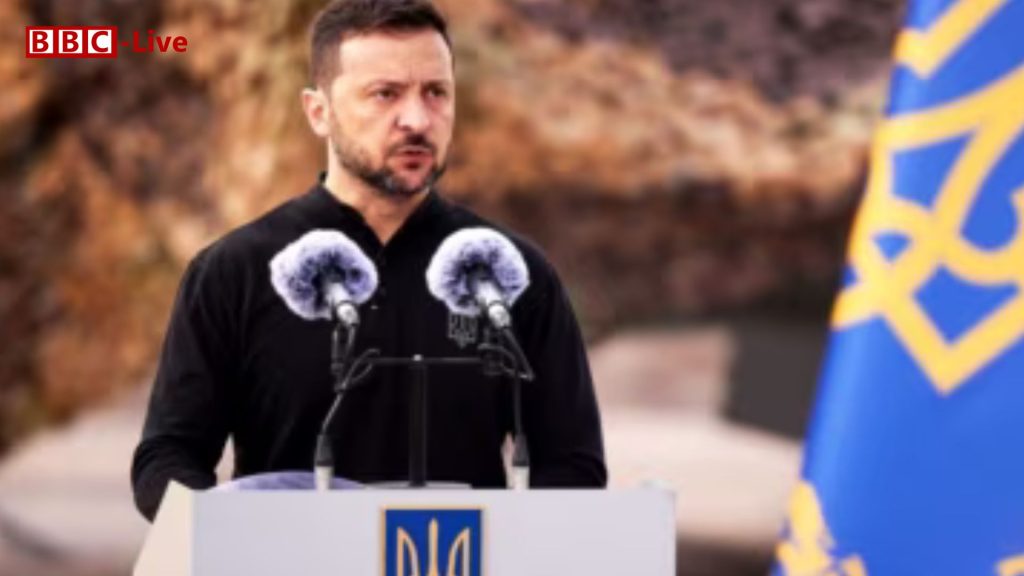
Ukraine Become 'Testing Ground' for Russian Weapons
Ukraine’s President Volodyr Zelenskyy has condemned Russia for ramping up its use of Shahed drones and other weapons. He stated that Ukraine is being treated as a “testing ground” for Russia’s munitions. In just the past week, Ukraine faced nearly 500 drone attacks and over 20 missile strikes. This included the first deployment of the Oreshnik intermediate-range ballistic missile in Dnipro.
Zelenskyy expressed anger at the rise in drone strikes. Last week, Russia launched 460 Shahed drones into Ukrainian airspace. Though Ukraine shot down 50 of the 73 drones fired on a Sunday night, the number of attacks is overwhelming the air defense systems. Zelenskyy declared, “Ukraine is not a testing ground for weapons. Ukraine is a sovereign and independent state.” He emphasized Russia’s goal to cause harm and destabilize Ukraine.
Ukrainian officials confirmed that Russia has established two factories in Tatarstan to produce Shahed drones. These factories reportedly produce “hundreds per week,” ensuring a constant supply for attacks. While the drones are less advanced than high-speed missiles, they still pose a significant threat to Ukraine’s defense. The Shahed drones have 50kg warheads and can cause serious damage when they hit their targets. Attacks have become frequent, especially against Kyiv and other major cities, putting pressure on civilians.
Reports show Russia is modifying Shahed drones to make them deadlier. Some drones are now equipped with thermobaric warheads, which can create massive explosions. Ukraine’s military is also looking into using artificial intelligence for “drone swarms” to challenge air defenses, but it’s unclear how effective this will be.
Zelenskyy is urging for more air defense systems to protect Ukraine. He highlighted the need for stronger defenses as Russian attacks grow. Because of the cost difference between Shahed drones and advanced defense systems like Patriot missiles, Ukraine has been using cheaper alternatives, such as truck-mounted machine guns, for interceptions.
Despite these efforts, Ukraine faces a critical issue with its energy grid. A large attack last week, which involved 120 missiles and 90 drones, led to nationwide electricity rationing. If such assaults continue, the grid may face catastrophic failure.
Meanwhile, tensions have risen following the US, UK, and France’s approval of long-range missiles for Ukraine. These can now target Russian sites. In response, Russia launched the Oreshnik missile, capable of nuclear strikes across Europe. While the missile did limited damage, its use showcases Russia’s military strength.
As the conflict deepens, France has proposed using its long-range missiles for Ukraine in self-defense against Russian targets. They have also indicated potential support for Ukraine’s NATO membership, a move facing resistance from both US President Joe Biden and incoming President Donald Trump.
The situation in Ukraine remains critical. The country continues to deal with the threats of drone warfare, missile strikes, and ongoing Russian aggression.




